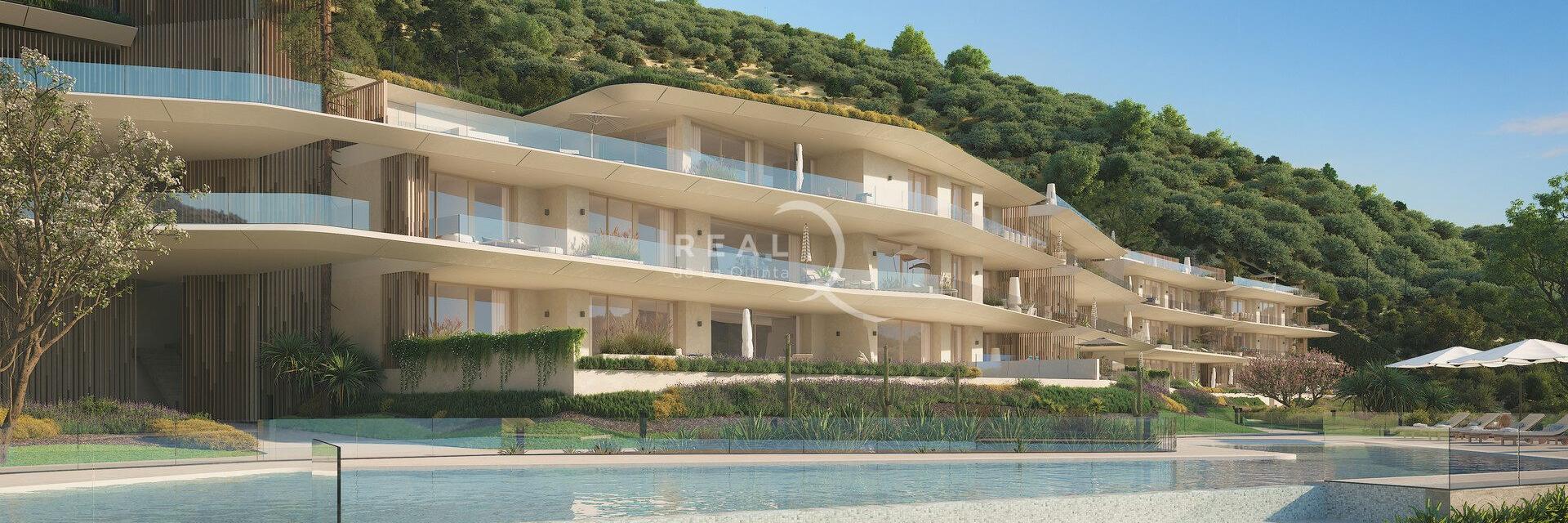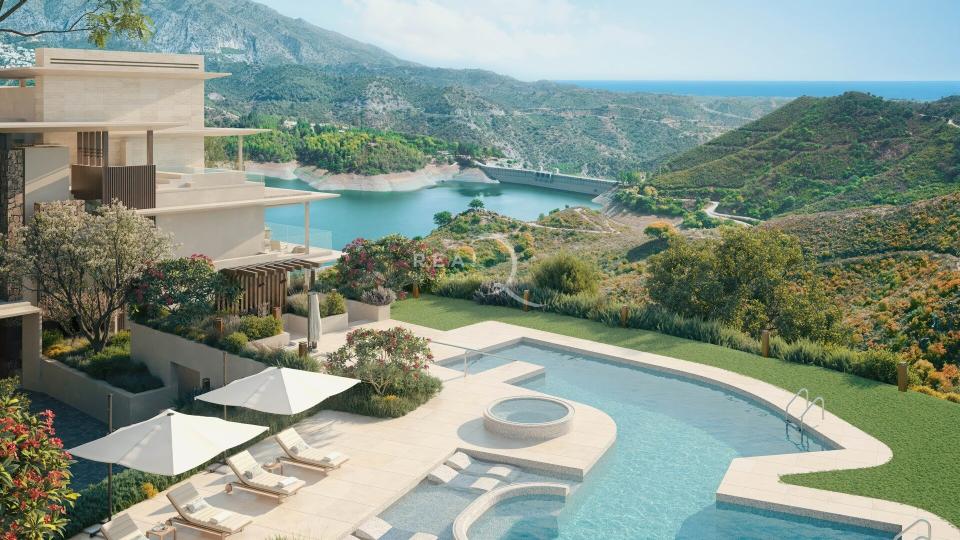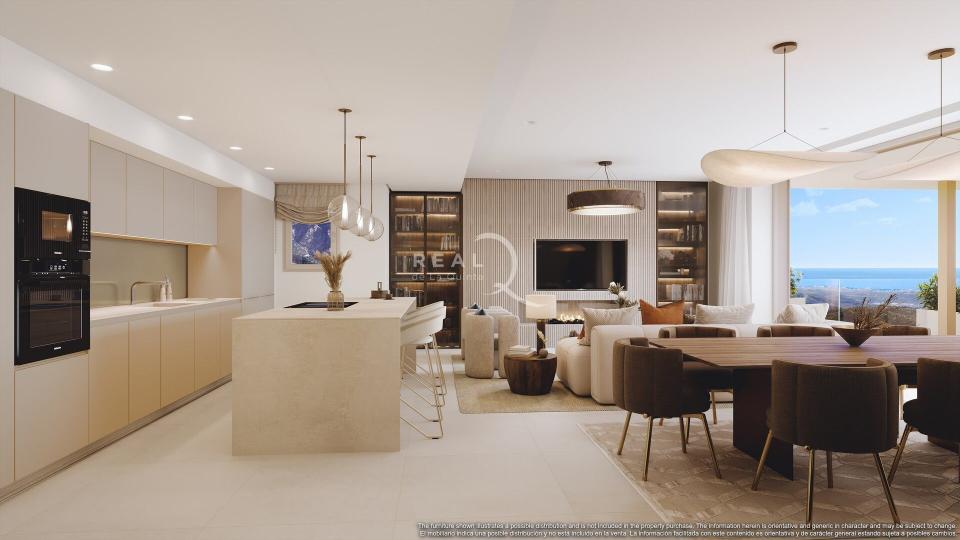
The property market in 2030: what changes will transform the way we buy and live
The progressive changes in the property market in terms of sustainability will reach a turning point in 2030. From this date onwards, and in accordance with European regulations, the sale or rental of homes will be limited to the most efficient properties.
Energy efficiency, the challenge for the future of real estate
The way we buy and live in homes will change radically from 2030 onwards. The reason for this is the deadline imposed by Europe to promote a property market that is more in line with new efficiency and sustainability requirements.
What types of homes could disappear from the property market in 2030? Unless measures are taken to bring them into line with the new legal requirements, these are some of the factors that could exclude many homes from the future property market:
- Obsolete electrical installations
- Lack of high-efficiency hot water systems (e.g., solar panels or heat pumps)
- Old air conditioning solutions (e.g., with inefficient radiators or without thermostats)
- Absence of insulation layers in roofs and facades
- Enclosures with heat leaks, without thermal breaks or with single-pane windows
- Buildings without an efficient envelope
These conditions affect a high percentage of houses built before 1980, which would require considerable renovation work in order to be legally available for rent or sale.
Real de La Quinta and the future of housing
Real de La Quinta developments have anticipated these mandatory changes with properties in which sustainability and efficiency are hallmarks. Features such as high-performance windows, state-of-the-art air conditioning and the quality of materials and finishes guarantee high energy certification, exceeding even the requirements of current regulations. This not only facilitates a sustainable and environmentally friendly lifestyle, but also adds value to these properties and makes them a smart investment in the future of the property market.




